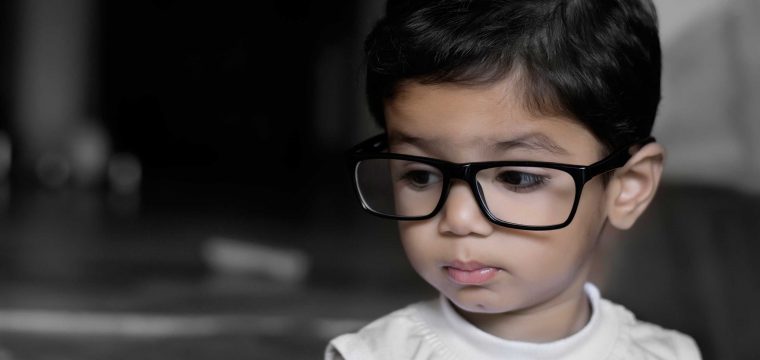Resilience can be defined as the capacity to cope with, adapt to, and recover from situations of adversity. The ability to “bounce back” from challenging life situations varies between people, and is influenced by biological, social and environmental factors. However, resilience can also be taught and strengthened with the right training and conditions (like a muscle can be strengthened through exercise), giving us better protection against hardship and a buffer in difficult times. It is like a Superhero suit or cape. The opposite of resilience is vulnerability. Even the most vulnerable among us can develop resilience and acquire the strength to stand against whatever adversity is thrown at us in life. Resilience is about enduring and growing strong on the inside.
The challenge with resilience as a standalone concept is that as a general rule, human beings do not know what we are capable of enduring. As such, resilience cannot be taught in isolation, because even if we are capable of surviving and thriving, we may not know it. We often hear people say “You are stronger than you know.” The point is, you don’t know, and when the time comes to test out your strength, you may feel like you cannot cope, and you may struggle or suffer more (and for longer) than you need to.
Developing self-confidence – establishing a good sense of self-concept, and an understanding of our values and what is important to us, and believing in ourselves – is what manifests as resilience. This is what makes us hardy. Hardiness does not mean emotional coldness or hardness. We don’t want kids to “toughen up” so much that they grow into unemotional, untouchable adults! Even the most resilient among us are still breakable, emotional human beings. We can feel the emotions of hardship while knowing that we will survive the difficult feelings. We cannot protect our children from all the hardships of life, especially as they grow into adolescence and adulthood. What we can do, is provide them with their own self-protection – the capacity to endure the hardships, to recover (“bounce back”) more quickly, and most importantly to KNOW (to have confidence and belief) that it is always possible to overcome adversity. This is the importance and the connection between confidence and resilience. Both confidence and resilience are key areas for children to develop in terms of dealing with and defending against bullying, as well as being able to unleash their inner superhero and be the best they can be in all aspects of their life.
(Note: Resilience and Confidence are the themes of our Safety Net and Flying Start Superhero programs for kids this term).
